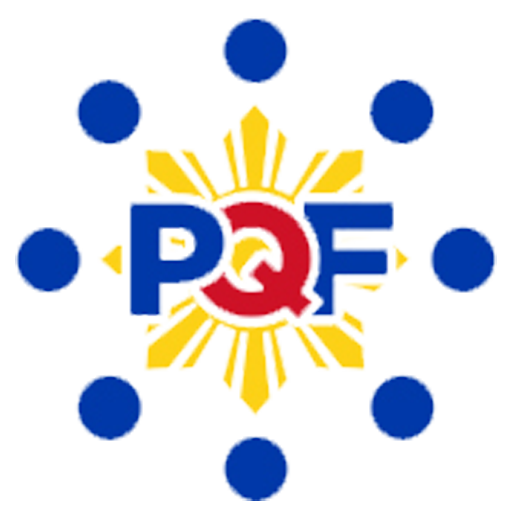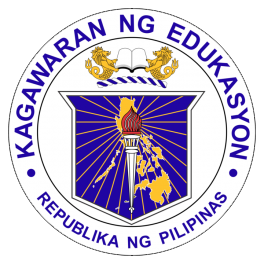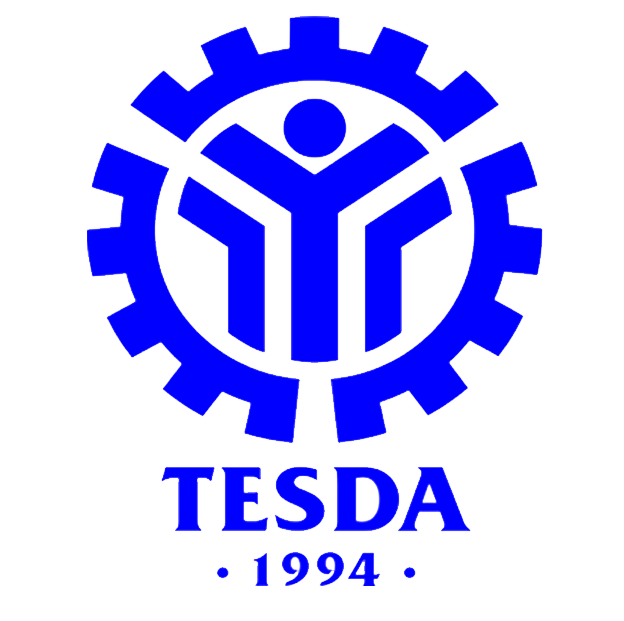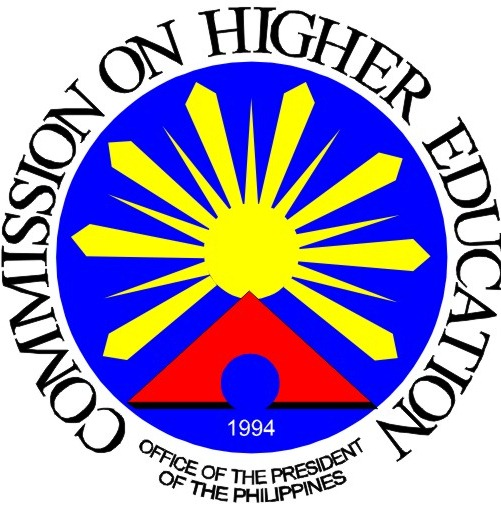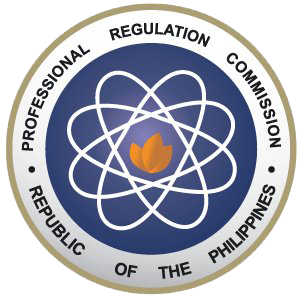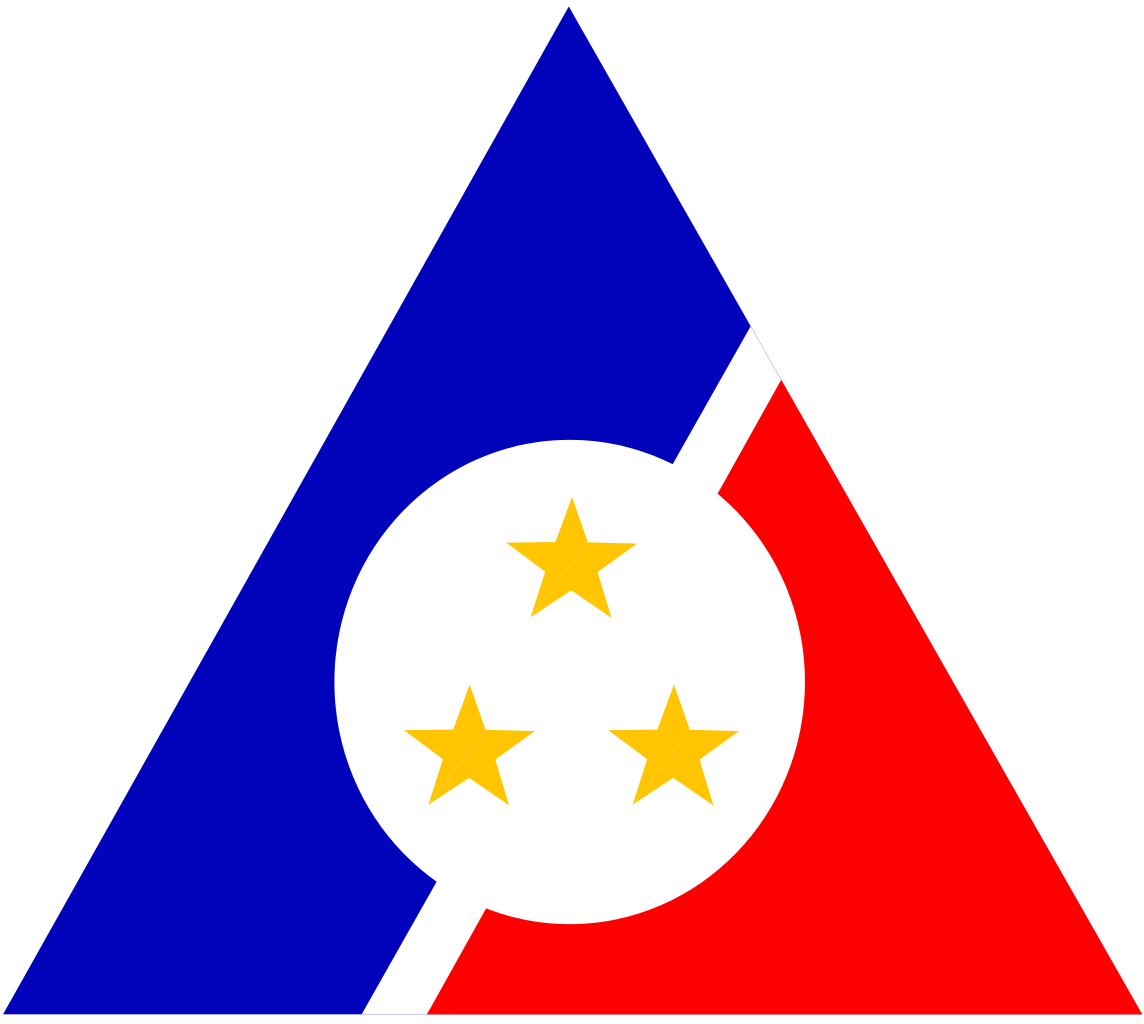Benefits of the Philippine Qualifications Framework
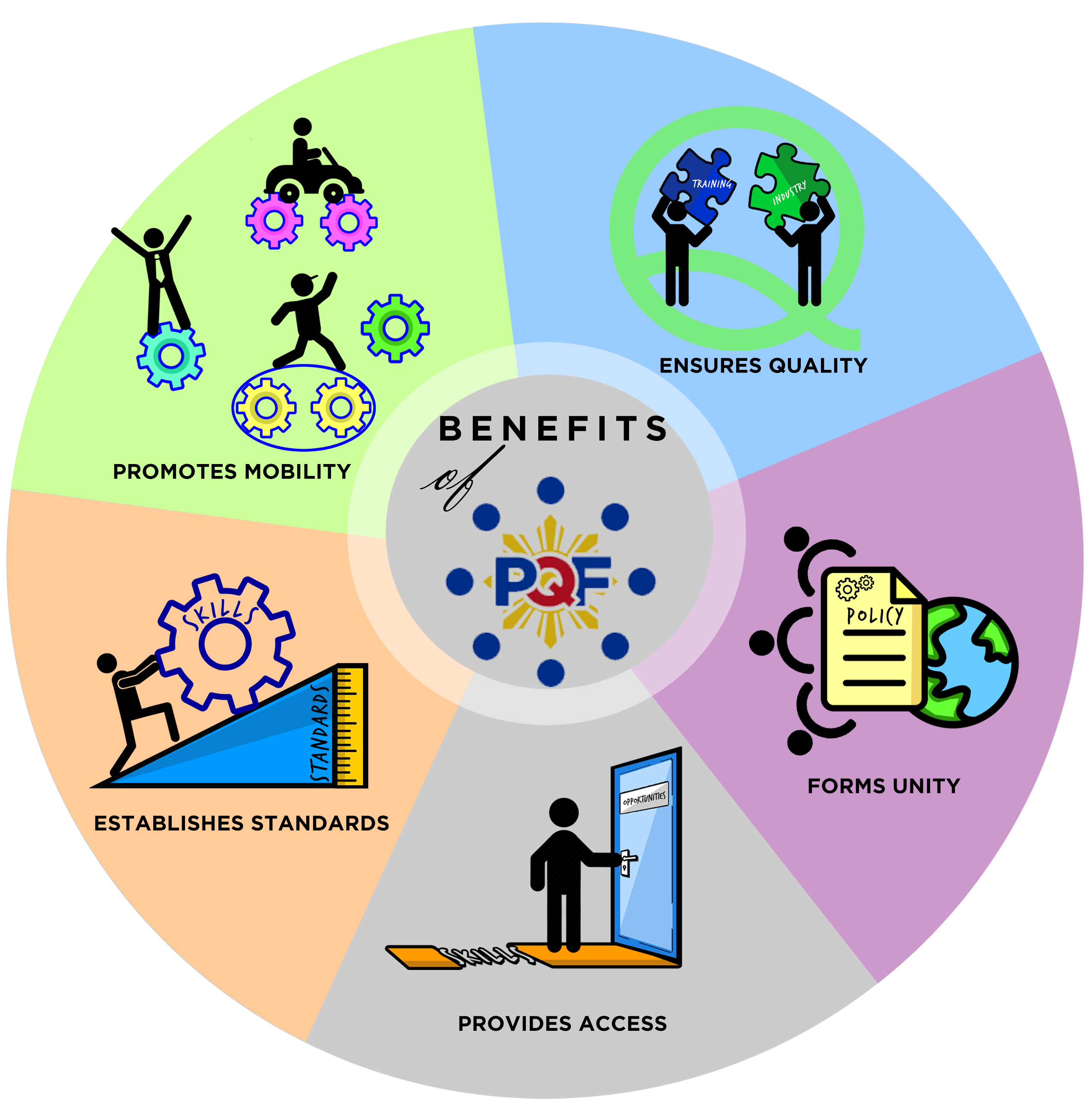
The Philippine Qualifications Framework describes the levels of educational qualifications, the official recognition of a person’s learning achievements. It also sets the standards for qualification outcomes which are the knowledge or skills gained by students after undergoing a certain learning or educational program.
Adopting a well-developed qualifications framework presents several benefits to learners, academe, workers, professionals, employers, industry and government.
The PQF provides a standard for the recognition of certificates and licenses that individuals may move and progress through. It shows pathways and equivalences to help them make informed choices in education and employment growth. As such the framework promotes mobility, encourages lifelong learning and builds the workforce confidence.
As the PQF establishes a standard for education and training providers, it helps guarantee that these providers adhere to specific benchmarks and are accountable for achieving the same, ultimately ensuring the quality of education and training. In addition, since the PQF provides common understanding of policies and guidelines in curriculum/program formulation and implementation, it also allows for the seamless movement and progression of learners to and from different education and training institutions.
With the PQF, job mismatch can be reduced and productivity increased. It provides employers with specific training standards and qualifications that are aligned to industry requirements. The PQF provides employers immediate information on what a worker can be expected to know and do, and are further assured that qualifications are consistent and are based on standards.
The Philippine Qualifications Framework can help form unity as it harmonizes education and training qualifications in the country by establishing and institutionalizing qualification standards. It provides the government with common standards, taxonomy, and typology of qualifications as bases for granting approvals to stakeholders. Moreover, the PQF helps policy and planning formulation through comparison with the qualification frameworks of other nations, encouraging the forging of mutual recognition arrangements within the ASEAN and other countries.
For Filipinos, the PQF coordinates and balances education and employment opportunities for nation building and holistic economic growth. The PQF and its features (Quality Assurance, Qualification Registrar, Pathways and Equivalencies and International Alignment) strengthens technical education consolidates education and employment resources.
